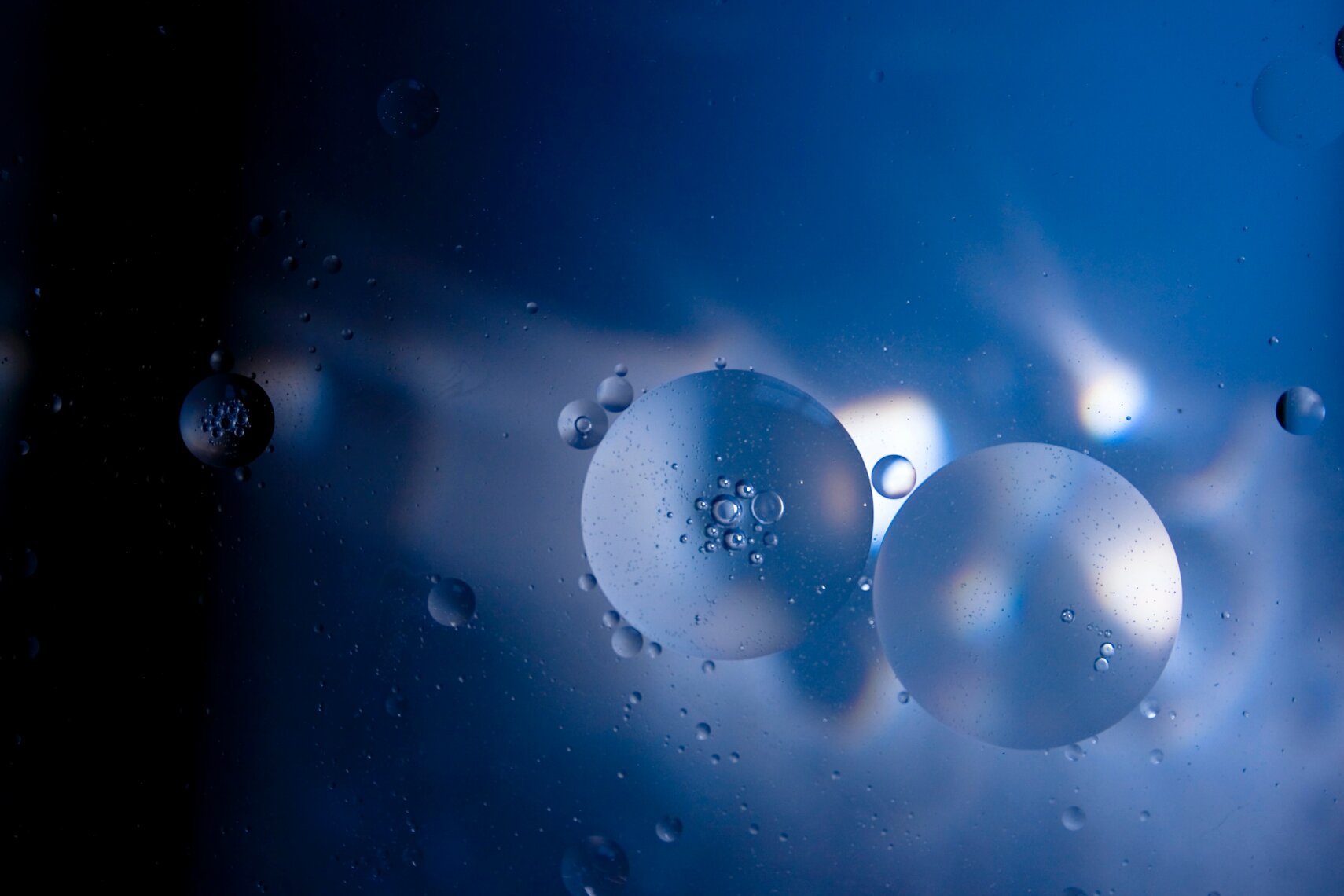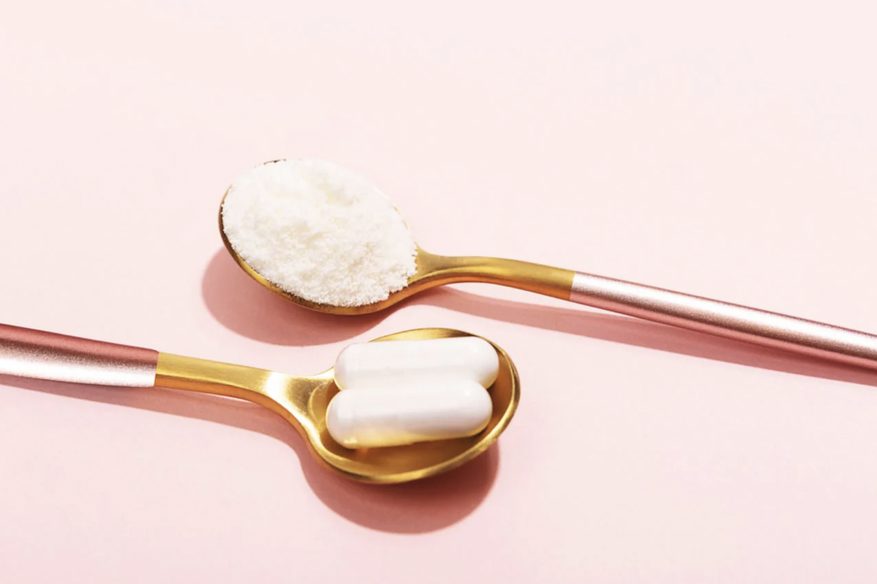 What’s the Difference Between Collagen Peptides and Hydrolyzed Collagen?
What’s the Difference Between Collagen Peptides and Hydrolyzed Collagen?
Denaturation
Denaturation refers to a biochemical process that involves the alteration in the shape or structure of a molecule, particularly proteins, without affecting its primary sequence or nutritional content. This change in structure is typically induced by external factors such as heat, acidity, alkalinity, or the presence of certain chemicals. When a protein undergoes denaturation, its complex three-dimensional structure unravels, causing it to lose its native conformation and, consequently, its biological activity. Despite these changes, the amino acid sequence of the protein remains intact, meaning the nutritional value of the protein is preserved. Denaturation is a common process in both cooking and various industrial food processing techniques, where it can affect the texture, appearance, and digestibility of foods. For instance, the solidification of egg whites when cooked is a classic example of protein denaturation.
In the context of collagen supplements, denaturation plays a crucial role in making the collagen more digestible and bioavailable. Collagen’s natural triple-helix structure is quite sturdy and not easily broken down by the body. To overcome this, collagen supplements undergo controlled denaturation through a process known as hydrolysis. This process breaks down the collagen’s complex structure into smaller peptides, which are shorter chains of amino acids. These collagen peptides have a lower molecular weight and are more easily absorbed in the digestive tract, thus enhancing the body’s ability to utilize them. The denaturation process ensures that the beneficial properties of collagen, such as supporting skin elasticity, joint health, and bone strength, are retained while making the supplement more effective and user-friendly. This transformation is key to the widespread use and effectiveness of collagen supplements in health and wellness regimes.
 What’s the Difference Between Collagen Peptides and Hydrolyzed Collagen?
What’s the Difference Between Collagen Peptides and Hydrolyzed Collagen?
 What is Bone Health and How Can Collagen Peptides Support It?
What is Bone Health and How Can Collagen Peptides Support It?
 Collagen Peptides: Support Your Skin the Nutritional Way
Collagen Peptides: Support Your Skin the Nutritional Way
 Does Ethnicity Affect How Our Skin Ages?
Does Ethnicity Affect How Our Skin Ages?



